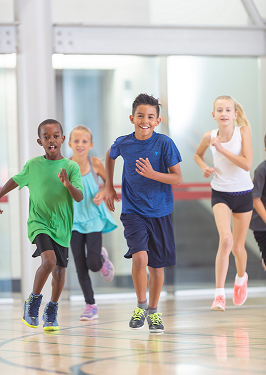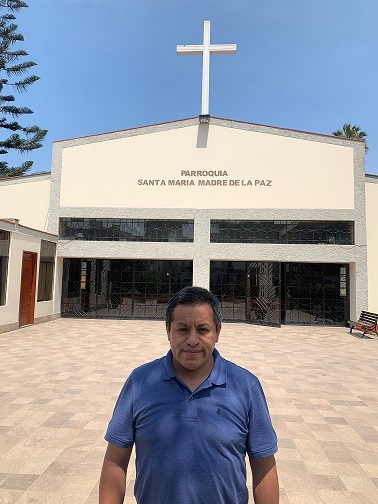November 20 marks World Children’s Day. It is a day dedicated to action for and by children around the world. It also serves to celebrate the adoption of the Convention on the Rights of the Child, which are non-negotiable and universal. However, today there are many places where these rights are misinterpreted, ignored, denied or attacked.
For every child, every right
The Convention on the Rights of the Child (adopted in 1989) sets out a series of rights for children, including the rights to life, health and education, the right to play, to family life, to protection from violence and discrimination, and to have their views heard.
All members of our society – parents, teachers and health workers, government leaders, political and business leaders, civil society organizations and the media – play a key role in the well-being of children.
As such, this World Day provides a starting point for inspiring action to defend, promote and celebrate children’s rights through dialogue and action that will build a better world for children.
Fighting racism and discrimination against children
Racism and discrimination against children based on their ethnicity, language and religion are widespread in some countries, according to a UNICEF report released in 2022.
The document, entitled “Rights denied: The impact of discrimination on children,” shows the extent to which racism and discrimination affect education, health and access to birth registration and a fair and equitable justice system, and highlights the wide disparities that exist between ethnic groups and minorities.
“Exclusion and discrimination during childhood cause harm that can last a lifetime,” said UNICEF Executive Director Catherine Russell. “This hurts us all. Protecting the rights of every child – whoever they are, wherever they come from – is the surest way to build a more peaceful, prosperous, and just world for everyone.”
The report also reveals that children from marginalized ethnic, language, and religious groups in an analysis of 22 low- and middle-income countries lag far behind their peers in reading skills. On average, students aged 7-14 from the most advantaged group are more than twice as likely to have foundational reading skills than those from the least advantaged group.
Discrimination and exclusion deepen intergenerational deprivation and poverty, and have serious consequences for children’s health, nutrition and education. In addition, children who experience discrimination and exclusion are more likely to be incarcerated, to have higher rates of teenage pregnancy, and to earn lower incomes and have access to fewer employment opportunities in adulthood.
Despite the fact that the COVID-19 pandemic has exposed deep injustices and discriminatory practices around the world and that the effects of climate change and conflict continue to highlight inequalities in many countries, the report says, discrimination and exclusion have long persisted for millions of children from ethnic and minority groups, particularly in relation to access to immunization, water and sanitation services, and a fair justice system.
The report also highlights the extent to which children and young people feel the burden of discrimination in their daily lives. According to a U-Report survey, which sought the views of more than 407,000 participants, nearly two-thirds of respondents perceive discrimination as commonplace in their environment, while nearly half believe that discriminatory practices have had a significant impact on their life or the life of someone they know.
“On World Children’s Day and every day, every child has the right to be included, to be protected, and to have an equal chance to reach their full potential,” said Catherine Russell. “All of us have the power to fight discrimination against children – in our countries, our communities, our schools, our homes, and our own hearts. We need to use that power”.


